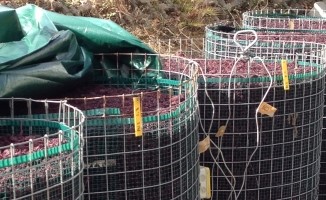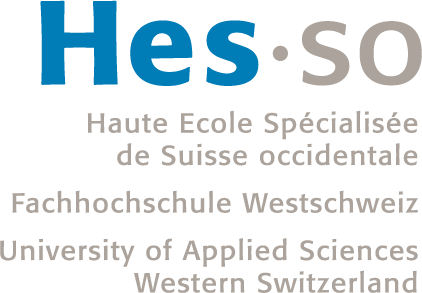
Recovery of bioactive substances from food by-products: Functionalizing nutritional fibers by mechanical transformation
?This application is part of a framework. The aim of this framework is discovering and isolating fibres and phytochemicals preferentially from food by-products or crops as well as valorise these by-products by creating added values of food products by re-integrating processed by-products or fractions of these into food. The focus of this work package is on fibre functionalisation by mechanical processing and more in detail a fine or wet grinding process.
Plant by-products offer increased value to food products through a variety of phyto-chemicals. Dietary fibres and phytochemicals with a remarkable high antioxidant capacity are combined in fruit peels or seed such as flaxseeds and the concentration increases in pomace as a result of pressing juice or oil. Even through the nutritive value of pomaces is known, the gustatory value is rather low if pomaces are unprocessed. Apart from chemical composition a less researched aspect of fibres from pomaces is the gut microbiome functionality and intestinal absorption of biochemically modified fibres as a function of mechanical processing and thus the potential increase of bioavailability. Ball milling alone or in combination with ultra-sonication, high pressure homogenization and extrusion reduces the particle size of insoluble components of plant tissue, and increases the solubility of phyto-chemicals by increasing the specific surface of the material as well as the cell porosity. This hypothesis will be proofed for flaxseed pomace by variation of the processing conditions and testing physic-chemical properties as well as the impact on the gut microbiome. Most promising candidates of fine-grinded flaxseed concentrates will dry powdered for convenience and shelf live issues and as such or as liquid concentrate used in pilot plant production of food, ranging from a drink, to a fibrous meat replacer, to a breakfast cereal.
2017 – 2019
Partner: HES-SO Valais – Institut Technologies du vivant
Funding: HES-SO


